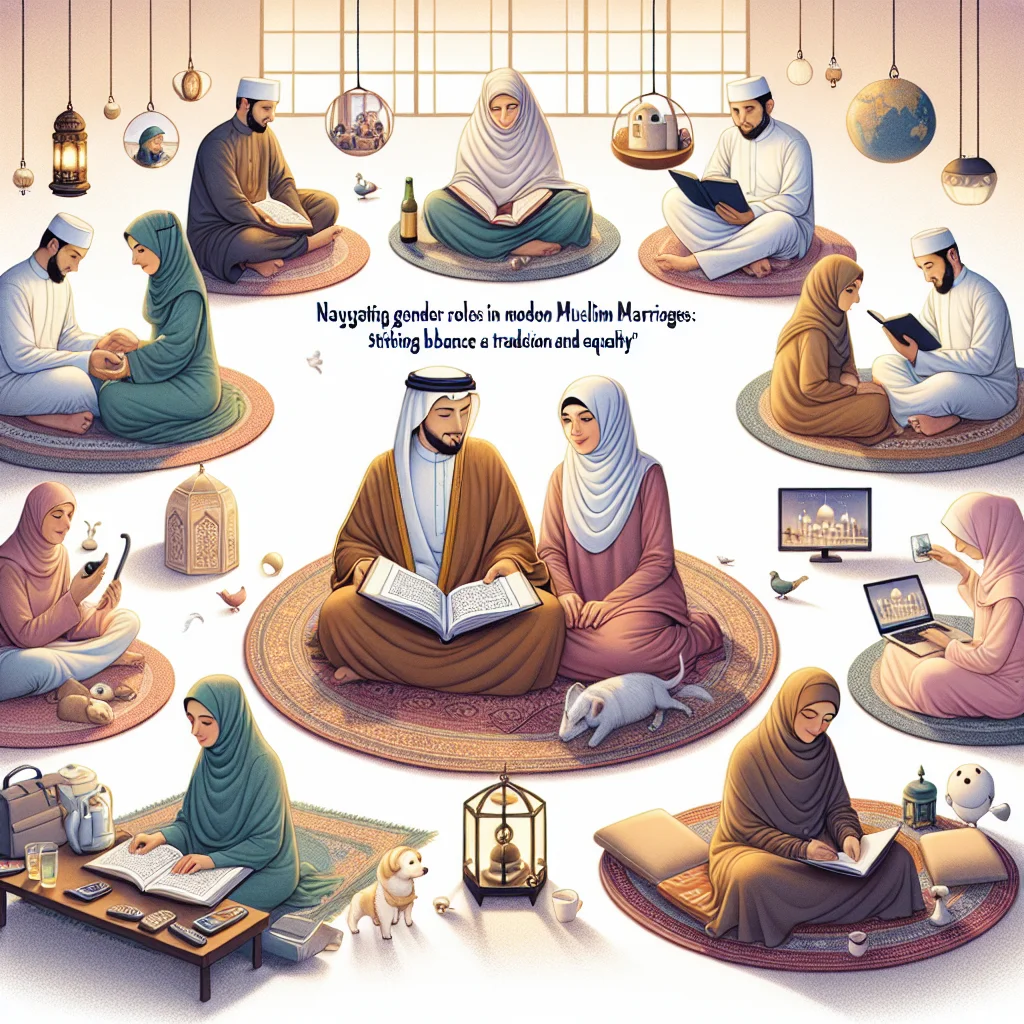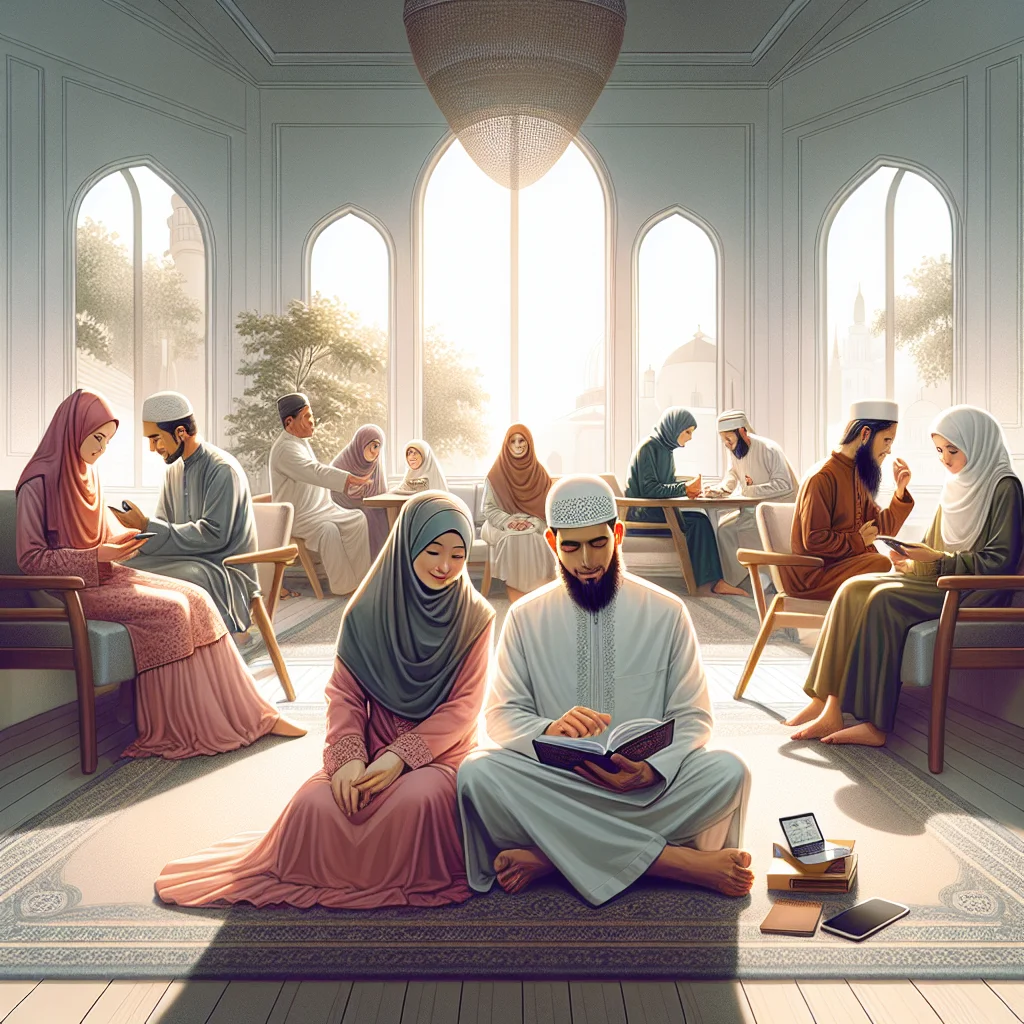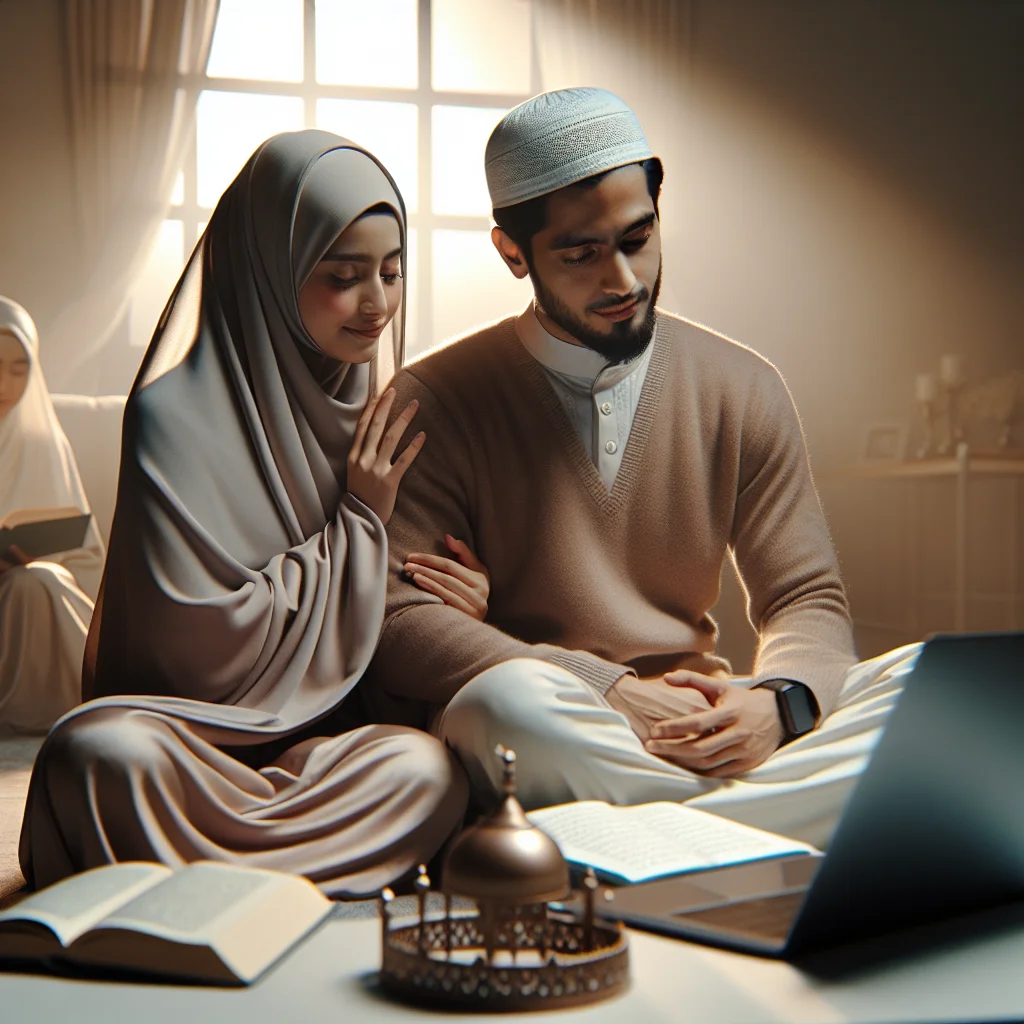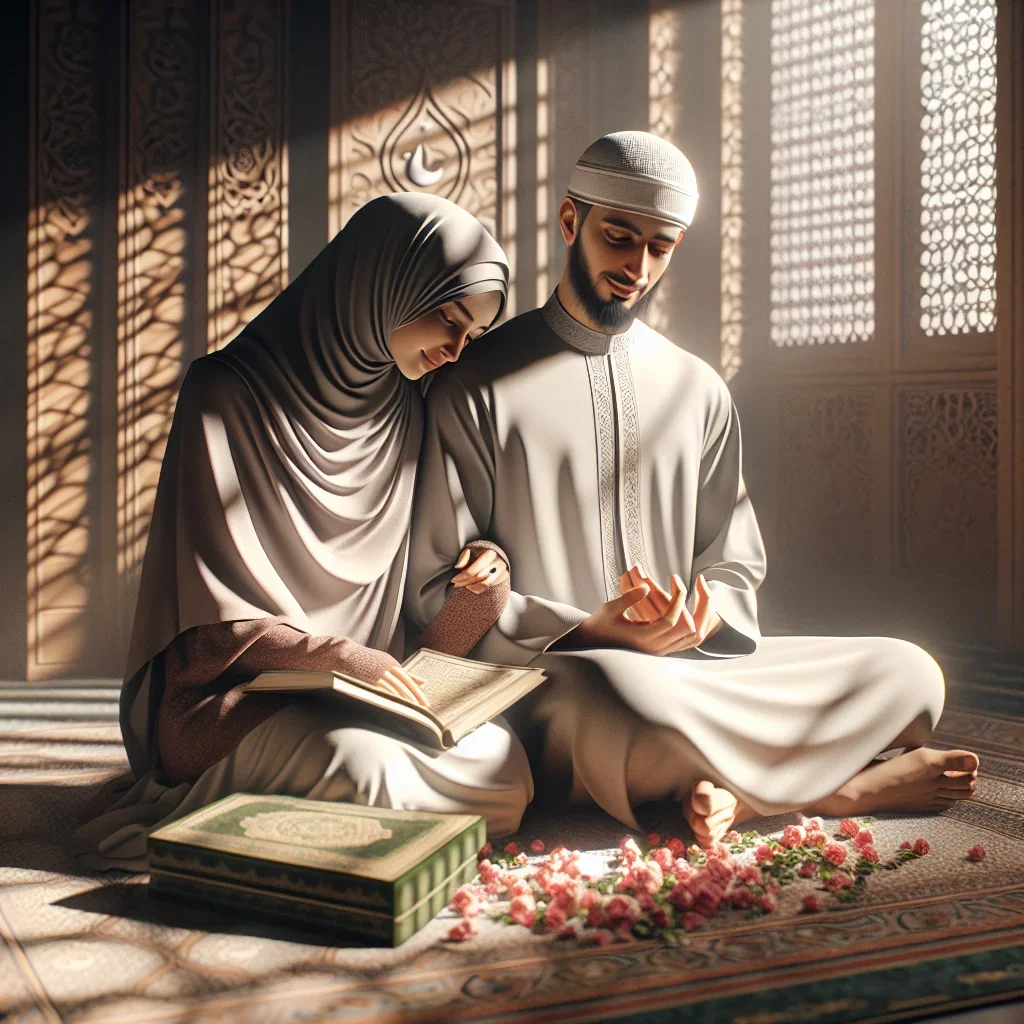Islamic Marriage Blog: Navigating Gender Roles in Modern Muslim Marriages
In the realm of modern Muslim marriages, the dynamics of gender roles have become a topic of discussion and contemplation. As Muslims living in a contemporary society, we find ourselves balancing the teachings of our faith with the evolving expectations of equality and mutual respect in relationships. This delicate balance requires a deep understanding of Islamic principles and a conscious effort to harmonize tradition with modern values.
Throughout Islamic history, traditional gender roles have played a significant role in defining the duties and responsibilities of husbands and wives. The Quran and the teachings of Prophet Muhammad (peace be upon him) provide guidance on the respective roles of men and women within a marital relationship. Men are considered the protectors and maintainers of women, while women are tasked with managing the household and nurturing the family. These roles have been upheld by generations of Muslim families and continue to be cherished as part of our cultural heritage.
However, as we navigate the complexities of the modern world, it is essential to reinterpret these roles in a way that upholds the principles of justice and equity emphasized in Islam. While traditional gender roles may have served a purpose in a different time and context, they must be adapted to reflect the changing dynamics of society. This adaptation requires a nuanced approach that values the inherent worth and capabilities of both men and women.
One way to strike a balance between tradition and equality in modern Muslim marriages is through open communication and mutual respect. Husbands and wives should engage in honest and respectful conversations about their expectations, desires, and responsibilities within the marriage. By fostering an environment of transparency and understanding, couples can work together to redefine their roles in a way that aligns with their shared values and beliefs.
Another crucial aspect of navigating gender roles in modern Muslim marriages is acknowledging the concept of 'partnership' in marriage. Islam emphasizes the idea of marriage as a partnership based on mutual love, respect, and support. Both partners are encouraged to work together towards common goals, sharing responsibilities and decision-making in a collaborative manner. This approach fosters a sense of unity and companionship within the marriage, where both husband and wife contribute their unique strengths for the betterment of the family.
It is also important for couples to seek guidance from Islamic scholars and counsellors who can provide insight into the teachings of Islam regarding marriage and gender roles. By studying the Quran and the Sunnah under the guidance of knowledgeable individuals, couples can gain a deeper understanding of their roles and responsibilities as spouses in the eyes of Allah.
As we strive to strike a balance between tradition and equality in modern Muslim marriages, it is imperative to remember that Islam encompasses principles of fairness, compassion, and mercy towards one another. By upholding these values in our relationships, we can create harmonious and fulfilling marriages that reflect the beauty of Islamic teachings.
In conclusion, navigating gender roles in modern Muslim marriages requires a delicate balance between honoring tradition and embracing equality. By engaging in open communication, viewing marriage as a partnership, seeking guidance from Islamic scholars, and upholding Islamic values of fairness and compassion, couples can create a harmonious and respectful union that is pleasing to Allah.
To find a righteous partner, install the Good Spouse app: http://goodspouse.com/go/en
Install the Good Spouse app: ⬇️⬇️⬇️⬇️⬇️
